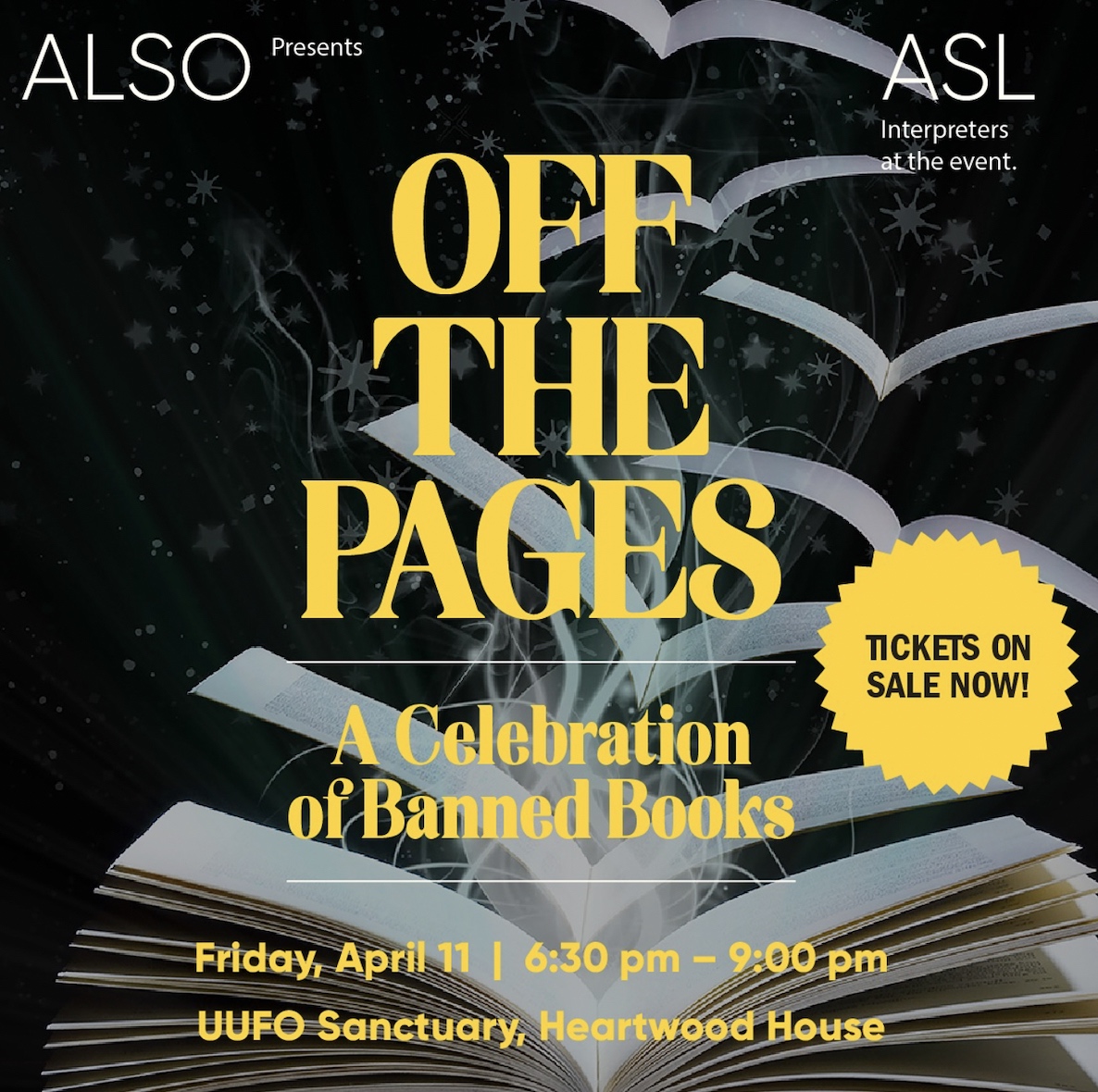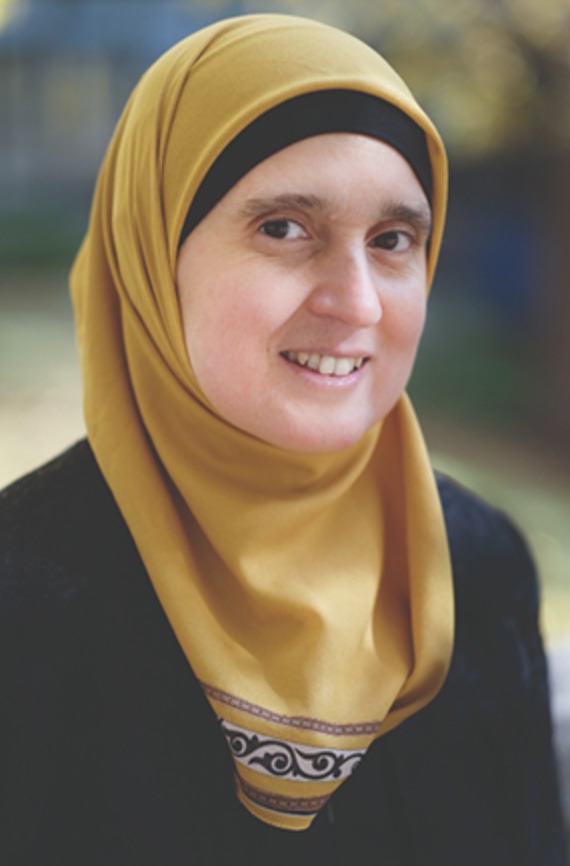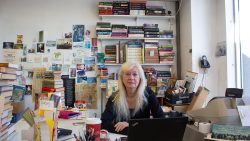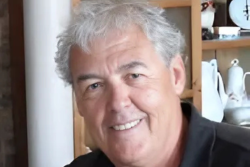A local literacy organization celebrated “banned books” with readings from high-profile Ottawa-area authors and a silent auction fundraiser.
Alternative Learning Styles and Outlooks, better known as ALSO, organizes the yearly event to highlight the harms of banning books. ALSO is an adult and family literacy group that works with students who require extra support for youth because of mental health challenges, addiction issues housing and more.
“Efforts to ban and censor books have increased in recent years. A 2024 study from the Canadian Federation of Library Associations found that there has been a sharp rise in book challenges since the COVID-19 pandemic,” ALSO said in a statement announcing this year’s event.
“PEN America reported that there were more than 10,000 instances of book bans in U.S. public schools in the 2023-2024 school year,” ALSO noted. “Censorship efforts often target authors of color, LGBTQ+ authors and women, and books about racism, sexuality, gender, and history.”
ALSO’s executive director said that the event is held with the hope of getting authors to feel seen and heard, particularly ones who have experienced having their works banned.

“Anytime you’re shutting down someone else’s voice because of opinions they have or stories they tell, I think that makes the world a little bit smaller and a little bit less bright,” Kim Oastler said ahead of the April 11 gathering. “So because of that, we try to shed light on voices that have been stifled.”
She said that while the focus of the event is to invite audience participation and raise awareness for banned books and authors whose voices have been silenced, the celebration also raises awareness of ALSO’s work — and how the voices of their students may similarly be unheard and unseen.
Event planning began in December with a search for sponsors to provide funding, participants for the silent auction and, of course, authors.
“We typically look for four local authors who are willing to donate their time and come and read at the event,” said Oastler. “We get them to read a passage from a banned book of their choosing.”
Dr. Monia Mazigh — a human rights advocate who writes about Canadian politics and other subjects — was one of the authors to speak at the event.
Mazigh also writes about terrorism, national security and women in Islam. Her 2008 memoir, titled Hope and Despair, recounts her struggle to free her husband, Maher Arar, after he was deported to Syria and held without charge for over a year.
Her latest book, Gendered Islamophobia: My Journey with a Scar(f) was shortlisted for the Governor General’s Award for English-language non-fiction at the 2023 Governor General’s Awards.
Dr. Mazigh said censorship can have multiple definitions, but one of the more prominent ones is “when somebody, a government, an institution, makes a decision on behalf of the general population, that for whatever reasons, a book should not be read.”
She said banning a book is an abusive act, adding that there are better alternatives to simply restricting access to someone’s written work.

“There will always be reasons given to ban books — like saying something isn’t good or is in bad taste or shows depravity,” said Mazigh. “What I think what we need is discussion, not bans. We need to talk and debate about hard and sensitive topics. Banning them is an act of violence to people’s words.”
For the event, Mazigh chose to read a passage from the autobiography of American civil rights leader Malcolm X (1925-1965), which has been banned at various times in various jurisdictions in the United States, ostensibly for passages about race, violence and politics.
Mazigh said her intent was to convey a message of hope. Although the autobiography had been banned, she said attempts to prevent it from being read have made it all the more important.
Mazigh said there are truths and realities in books that some governments and politicians do not want people to see. The themes mentioned in Malcolm X’s autobiography echo these themes, she said.
Ottawa author Charlotte Gray, a bestselling popular history writer, had also been scheduled to speak at the event, but was unable to attend for personal reasons. Gray is an award-winning biographer and historian, and has written 12 non-fiction books and many magazine articles.
In an emailed comment, she told Capital Current about the negative effects that occur when governments ban books.
“A ban on books that a regime does not like is the first step towards totalitarianism. It signifies a gradual narrowing of the mind,” said Gray.
The event took place at Heartwood House in Vanier, where ALSO and a number of other charitable organizations are based.




